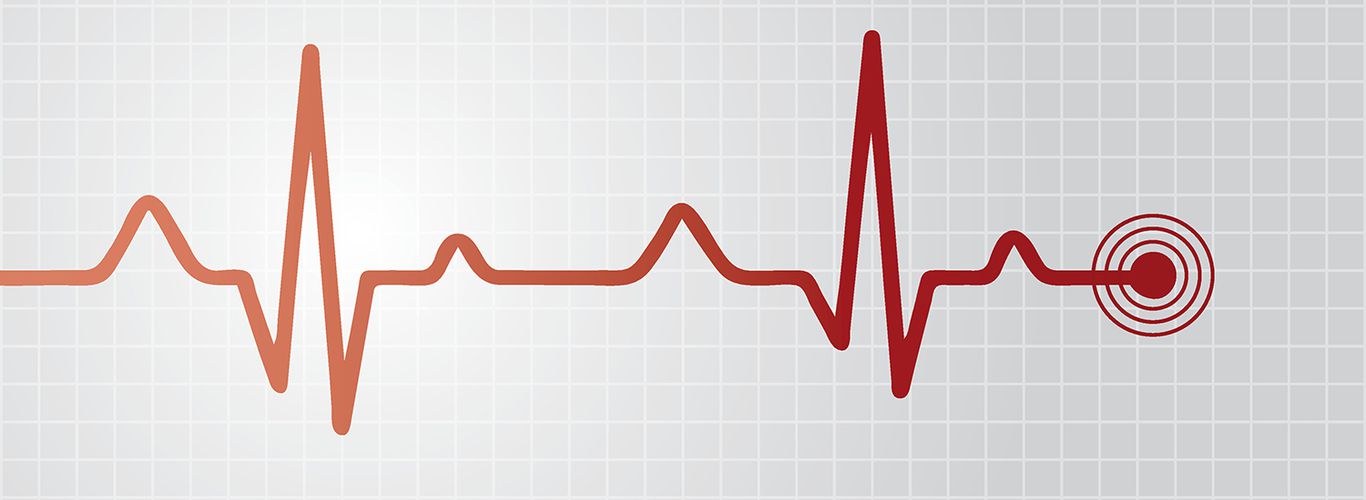Diabetes mellitus (DM) is an increasingly common, yet complex and chronic metabolic illness that requires ongoing medical care. Type 2 DM (T2DM) is the most common form of DM, resulting from an interaction of genetic, environmental, and behavioural factors. Within 20 years, the number of people in Australia with T2DM may increase from an estimated 870,000 in 2014, to more than 2.5 million.
People with diabetes are at higher risk for a number of other medical conditions, and optimal management of people with type 2 diabetes can significantly reduce the risk of coronary artery disease, stroke, kidney failure, limb amputations and vision loss that is associated with T2DM. However, heart disease is unfortunately becoming a more common complication of T2DM. This includes the development of cardiomyopathy and heart failure (HF).

Cardiomyopathy is a structural and/or functional disorder of the heart muscle that precedes the development of HF. In cardiomyopathy, the heart is not able to pump blood efficiently to vital organs. It can also mean that the heart isn’t able to relax properly and fill with oxygenated blood from the lungs. As a result, fluid can build up and you can get fluid leakage around your lungs and other parts of your body (such as your ankles). Patients with T2DM are predisposed to a form of cardiomyopathy termed diabetic cardiomyopathy (DbCM), that occurs in a large and growing population (17% to 24% of people with diabetes).
Besides diabetes, there are other risk factors for developing cardiomyopathy. These include a history of coronary artery disease, a previous heart attack and high blood pressure. In a study of people who were followed for up to 72 months, those with T2DM had a 2.5-fold higher risk of developing HF than patients without T2DM (Nichols 2004). In fact, HF is increasing at an alarming rate, mostly due to the worldwide increase of diabetes and associated metabolic risk factors (Horwich 2010).
In the early stages of cardiomyopathy, you may not have any symptoms. Over time though, these symptoms can develop:
- shortness of breath
- swelling of the legs and ankles
- increased tiredness.
Other symptoms that may be experienced can include bloating, coughing, dizziness, a loss or appetite or nausea and shortness of breath when lying down.

Once cardiomyopathy worsens, it can mean progression to heart failure. This can have a significant impact on daily activities and quality of life and if severe enough, can be fatal.
Heart failure may be diagnosed or suspected by your doctor if you have symptoms as outlined above. Your doctor will usually conduct a physical examination and may consider ordering further investigations such as:
- blood tests (although not frequently tested in Australia, a BNP test, of a hormone that increases during heart failure, may be done)
- electrocardiogram/ECG to look for any irregular heart rhythms
- chest Xray (specifically looking for an enlarged heart or fluid in the lungs)
- echocardiogram (to see how well your heart is working and detect any damage to the heart).

If you have been diagnosed or at risk of developing heart failure, there are a number of strategies you can take to reduce your risk and improve your quality of life. These include:
- quitting smoking
- reducing your salt intake
- reducing your alcohol intake
- exercising regularly
It is also important to talk to your doctor about how you can manage your diabetes better and any other risk factors for heart disease you may have such as high blood pressure or cholesterol. Unfortunately, currently available treatments for patients with heart disease and diabetes have little effect on DbCM.
If you have diabetes and believe you may be at risk of developing cardiomyopathy or heart failure, or have been told you have early signs (but no symptoms currently) of these conditions, you may be eligible to enrol in an exciting new study with us. At present there is no medication currently available to manage this unmet need.
Here at AusTrials we are studying a new medication which aims to look at preventing worsening of diabetic cardiomyopathy and progression to heart failure.
You may be eligible to take part if you:
-
are aged over 60 years and have been diagnosed with Type 2 Diabetes
-
OR aged between 40 and 60 years and have had diabetes and/or mild kidney disease for more than 10 years
The study is being conducted at this location:
-
Taringa, QLD
Qualified participants will receive:
-
Study medications and visits at no cost
-
Investigations to look at your heart function (echocardiogram) and lung function studies
-
Compensation for time and travel involved in the study
For more information regarding this trial please contact us on 07 3278 5255 or email info@austrials.com.au

